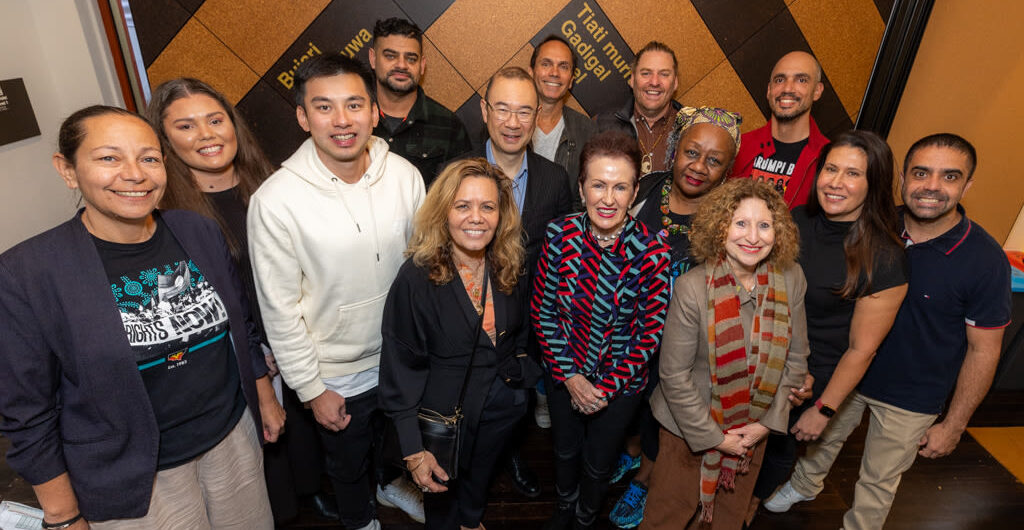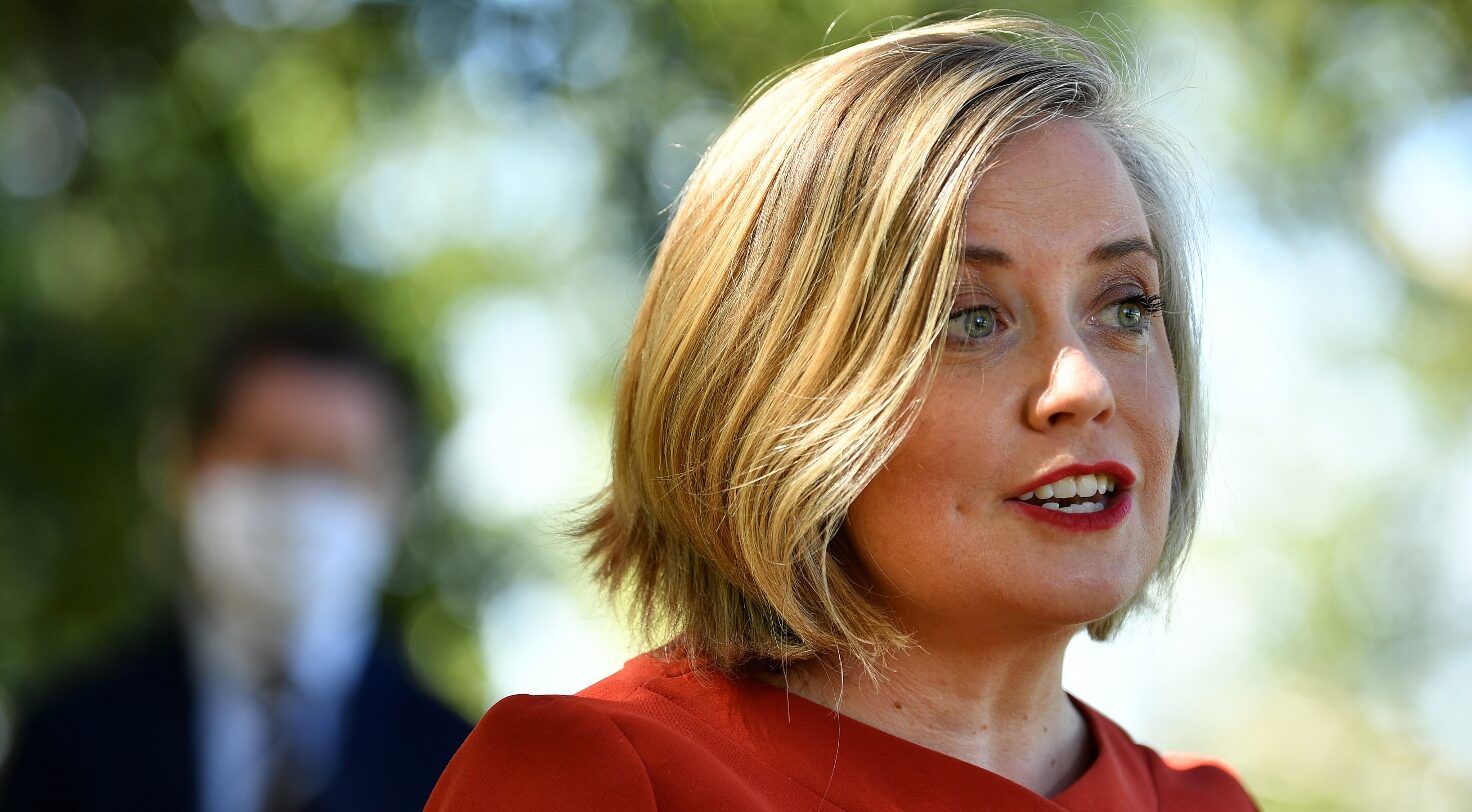
Botanic Gardens exports passion for plants
An underground bank in London was built to protect its valuables from natural disasters.
The site must be kept cool with low humidity levels to ensure the goods remain in their original condition.
Yet this bank does not hold money or precious jewels, but rather plant seeds, safeguarding them from extinction.
The Millennium Seed Bank holds 10 per cent of the world’s plant species, the largest collection in any country.
From April next year Australian plant scientist Dr Tim Entwisle will manage the project as the director of conservation, living collection and estate at the Royal Botanic Gardens, Kew in London.
“This is a way to make sure that we will never lose these important species in case something goes wrong in their natural habitat,” he says.
Botanists involved in the collection hope to store at least 25 per cent of the world’s seeds at the site within the next 10 years.
Dr Entwisle has developed plans to create a similar seed bank in Sydney, for the bicentenary of the Royal Botanic Gardens in 2016.
This will be one of the legacies he leaves upon his departure from his role as executive director of the Royal Botanic Gardens Trust.
The State Government has partly funded the bank planned for Mount Annan Botanic Garden near Camden, contributing $15 million, however further fundraising is needed.
Dr Entwisle says plant conservation is vital for human survival.
“People sometimes just see them as green wallpaper [but] we need plants to eat. We make our houses out of them. We wear them in our clothes. The air we breathe, the oxygen comes from plants.”
He hopes to spread an appreciation for plants from Sydney to his new base in London.
“Plants are absolutely important to everything we do yet I think we sometimes forget that.”
By Olivia Leaming









